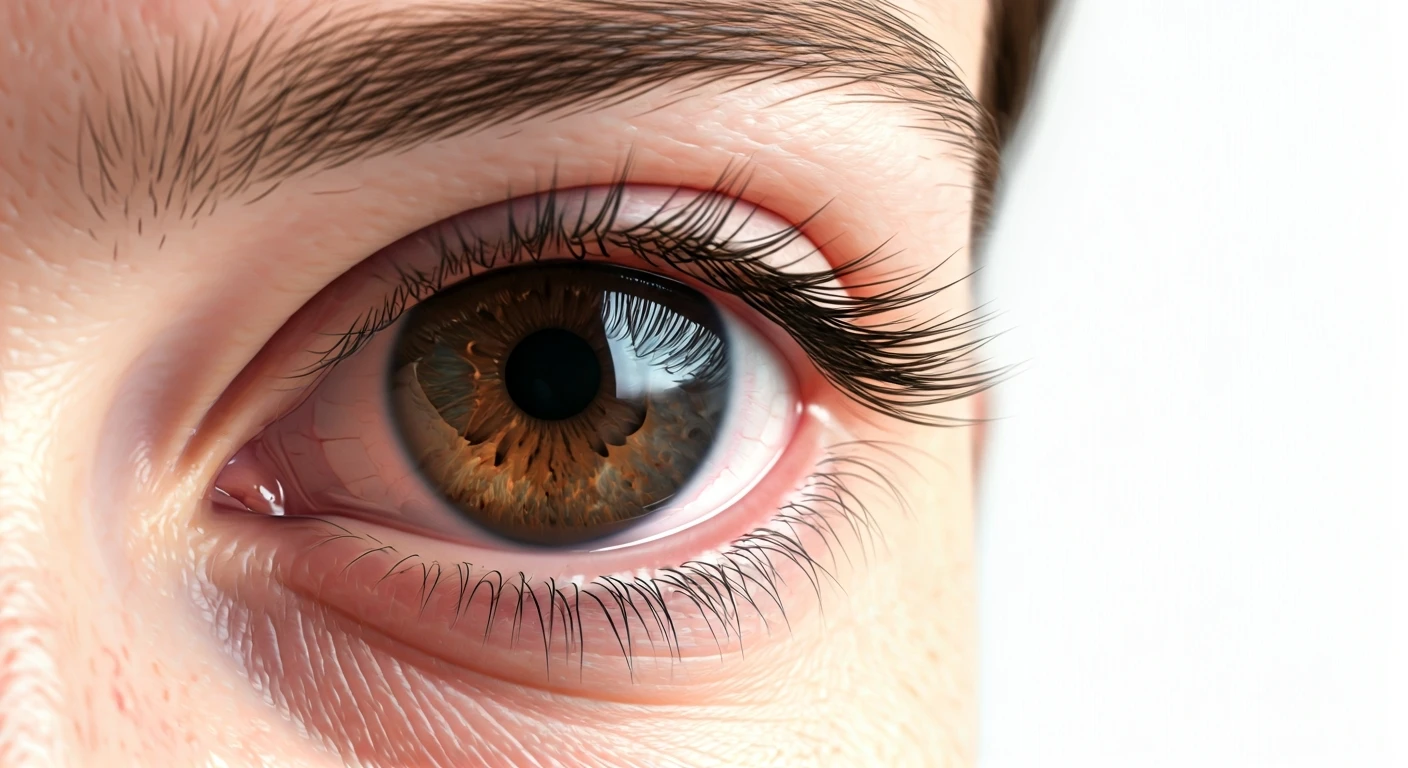Regular Checkups Crucial
Maintaining optimal health includes regular check-ups for vision and hearing. A regular eye exam can detect conditions such as glaucoma, cataracts, and age-related
macular degeneration. Early detection of these issues allows for prompt treatment, which can help preserve your eyesight and protect you from potential vision loss. Similarly, hearing tests are vital because they can detect age-related hearing loss, infections, and other auditory problems. Timely treatment, whether through hearing aids or other medical interventions, can substantially improve your quality of life, enabling clearer communication and boosting your mental well-being. Regular check-ups are thus a proactive approach to maintaining a healthy and fulfilling life.
Safe Home Environment
Creating a safe home environment for yourself or elderly family members is essential for preventing falls and injuries. Start by ensuring your home has adequate lighting, particularly in hallways, stairwells, and areas used frequently. Remove trip hazards like loose rugs, cords, and clutter from walkways. Install grab bars in bathrooms near the toilet and shower or tub to assist with stability. Non-slip mats in the bathroom and kitchen can also improve safety. Ensure you have clear pathways and consider installing ramps or handrails if needed. By modifying your living space, you can significantly reduce the risk of accidents and maintain independence.
Improve Balance: Step 1
Improving balance is paramount to the well-being and independence of older people. Balance naturally deteriorates with age, making falls more likely. Simple exercises performed daily can significantly improve balance. These exercises can include standing on one foot, heel-to-toe walking, and side steps. Tai chi and yoga, which focus on balance, flexibility, and strength, are also beneficial. Start slowly, and gradually increase the duration and difficulty of the exercises. Regular practice helps strengthen the muscles responsible for balance, boosts your reflexes, and enhances overall stability. Remember to consult your healthcare provider before beginning any new exercise routine, especially if you have pre-existing conditions.
Proper Footwear Matters
The correct footwear plays a crucial role in maintaining balance. Ill-fitting or inappropriate shoes can increase the risk of falls. Choose shoes that offer good support and have a non-slip sole. Avoid shoes with high heels, as they can destabilize the wearer and are more likely to cause falls. The ideal footwear will provide stability and secure your feet. Always check for proper fit, and consider using custom orthotics or shoe inserts for added support if recommended by a podiatrist. Proper footwear, combined with exercises and other safety precautions, will greatly reduce the chances of accidental slips and falls, enabling safer mobility.
Strengthen Muscles Daily
Strengthening the core and leg muscles is essential for improving balance and preventing falls. Strong muscles provide better support and stability, allowing for quicker reactions to balance challenges. Core exercises, such as planks, bridges, and crunches, help improve the muscles in your abdomen, which stabilize the body. Leg exercises, including squats, lunges, and calf raises, strengthen the leg muscles that support your weight and enable you to walk steadily. Aim to perform these exercises regularly, gradually increasing the intensity and duration as you improve. Simple activities, such as walking, swimming, and cycling, also contribute to muscle strength. A consistent routine will enhance your overall balance and reduce the risk of injury.
Vitamins: Key Ingredients
Maintaining adequate vitamin D and calcium levels is essential for bone health and, subsequently, balance. Vitamin D helps the body absorb calcium, a vital mineral for strong bones. Insufficient levels can lead to bone loss, weakening bones and increasing the risk of fractures. Calcium and vitamin D deficiencies are common among older adults. You can increase your vitamin D levels through sunlight exposure, dietary intake, and supplements. Good sources of calcium include dairy products, fortified foods, and supplements. Regular testing by your doctor can help you monitor your vitamin D and calcium levels. Following your doctor's recommendations for supplements is important, as these nutrients work together to support bone health and ultimately contribute to improved balance and mobility.

















